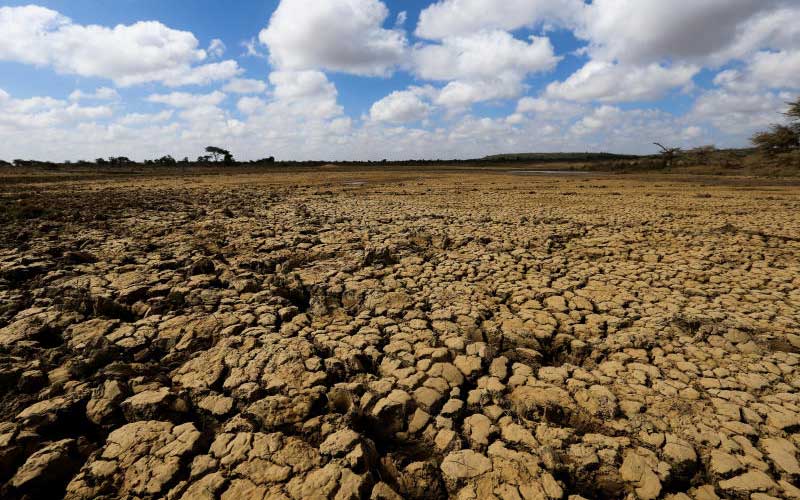×
The Standard e-Paper
Smart Minds Choose Us

The continued dry spell across several parts of the country could depress economic growth and lead to an increase in inflation over the next one year.
This is according to the latest edition of the World Bank Kenya Economic Update 2019 that calls for more policy and budgetary support for the agricultural sector to help the government realise its growth agenda.